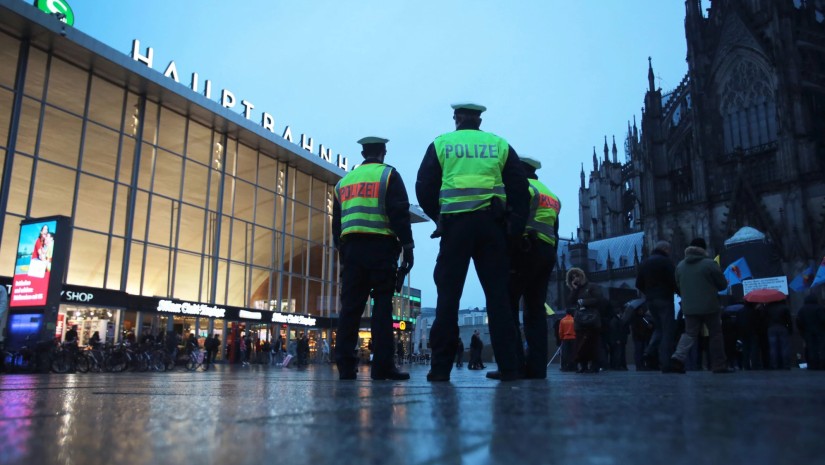Deportations of failed asylum seekers increased by more than a quarter in the first six months of 2023, data from Germany's Interior Ministry showed.
Some 7,861 people were removed from the country between January and June, a rise of 27% over the same period last year. Of those deported, 1,664 were women, and 1,375 were minors.
The increase follows a fall in the number of people deported during the COVID-19 pandemic.
The data was requested by the Socialist Left Party and published in the Neue Osnabrücker Zeitung.
European migrants returned to home countries
The statistics showed that most of the migrants were returned to Georgia, North Macedonia, Albania, Moldova and Serbia, their countries of origin. Many of the deportees — 2,473 people — were taken to the border with Austria.
The European Union's Dublin rules on asylum state that claims should be handled by the first country a migrant or refugee lands in.
The number of people who left the country voluntarily also increased, with 4,892 people accepting federal funding to return to their home country, and 2,309 people receiving state or local funding.
By law, those whose asylum applications are rejected or whose visas or residence permits have expired must leave Germany.
Deportations are often shelved
The immigration authorities must carry out their deportation if there are no mitigating factors such as illness or other grounds for temporary suspension. However, these deportations often fail.
According to the Interior Ministry data, 520 deportation attempts had to be aborted in the first half of the year.
The most common reasons were resistance from those being ejected, refusal by pilots or airlines to carry the deportee, and refusal by the federal police to take them into custody.
By the end of June, 279,098 people failed asylum seekers who were required to leave were still living in Germany. Almost 225,000 of them had a Duldung (tolerated stay permit), which is sometimes offered despite their asylum application being rejected.
A report earlier this year also showed that thousands of deported migrants had sneaked back into the country.
The new data was criticized by Left Party migration policy spokeswoman Clara Bünger.
"All too often, this forces people back to places where they face war, extreme poverty, and hopelessness under the threat or use of violence. This is irresponsible," Bünger told the EPD news agency.
New EU, federal rules due
German Interior Minister Nancy Faeser wants to tighten the rules on deportation and earlier this month, she presented a draft document that would give police more powers to enforce returns.
The EU is also working on reforms to the asylum system, which will include changes to deportation rules, DW reports.
















